Research on community-led resilience
This research report, "Stories are the Toolkit: Community-led Disaster Response, Recovery, and Adaptation", from the Sydney Environment Institute is about community-led resilience and was in no small part spearheaded by Emma Pittaway, a researcher at UCRH (University Centre for Rural Health) and a Plan C research team member.
It emphasises the power of local narratives in enhancing disaster resilience. The study highlights how community-driven efforts in regions like the Blue Mountains, Hawkesbury, and Northern Rivers have been crucial in responding to and recovering from climate-related disasters. It showcases how local knowledge, social networks, and community stories contribute significantly to effective disaster management and long-term adaptation strategies.
The report calls for greater integration of community insights into formal disaster planning and response frameworks. It suggests that policymakers and emergency services should prioritise local voices and experiences to build more resilient communities. By valuing and incorporating community-led initiatives, the report argues, there can be improved preparedness and response to future disasters, ensuring that local strengths and capabilities are leveraged to their fullest potential.
This report can be read in conjunction with their earlier report, "Empowering Communities, Harnessing Local Knowledges" which highlights the critical role of community-led responses in disaster management in New South Wales, examines grassroots initiatives and underscores how pre-existing social networks and community relationships facilitated swift, effective responses, saving lives and providing essential support.
The report also addresses the challenges faced by these communities, such as the need for structural and cultural changes in emergency management practices. It calls for greater recognition and collaboration between government agencies and community-led initiatives to enhance disaster resilience. By investing in community relationships and infrastructure, particularly in remote areas, stakeholders can improve disaster preparedness and foster sustainable, resilient communities. These findings offer valuable insights for policymakers, emergency responders, and community leaders navigating the increasing frequency of climate-related disasters.
Here at Plan C, we couldn't agree more!
